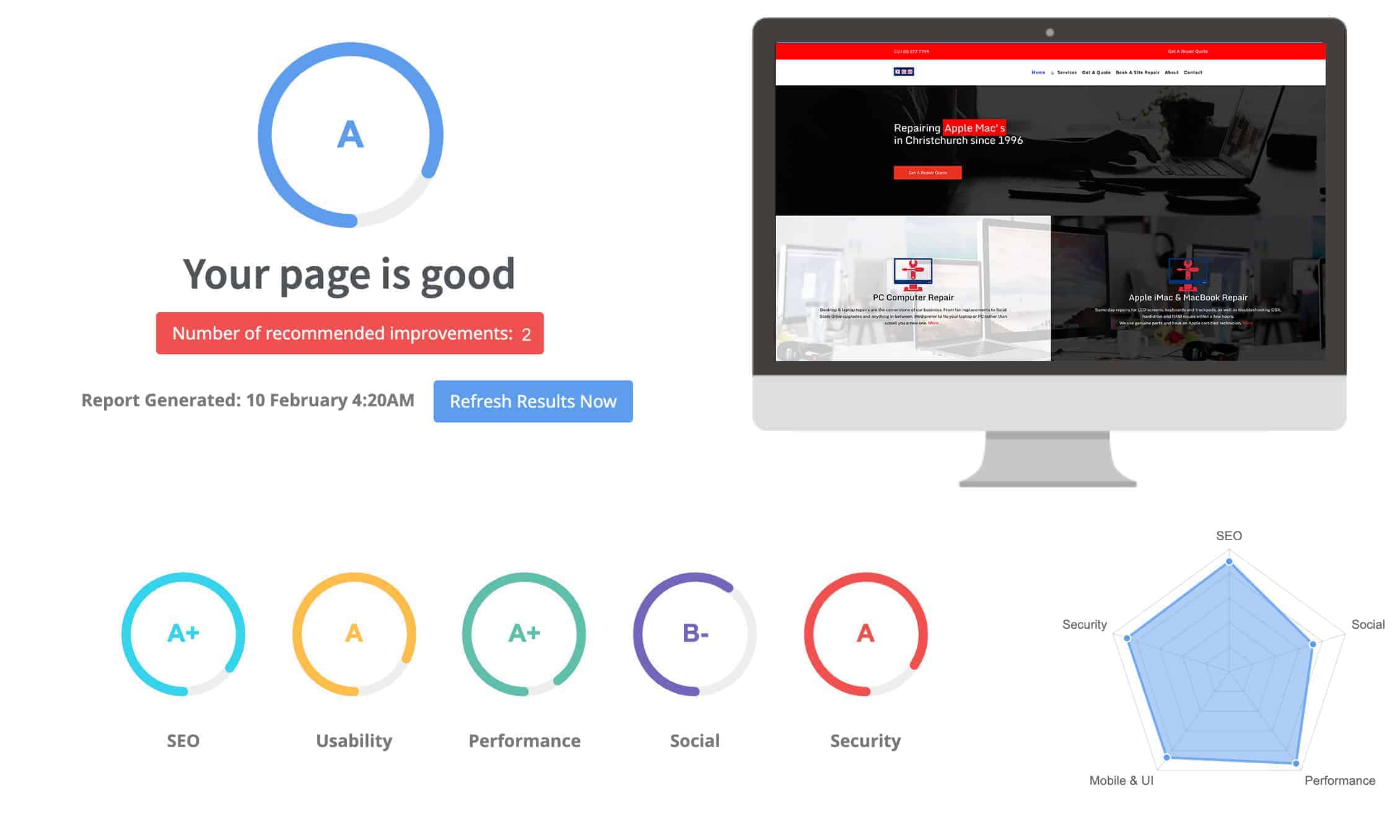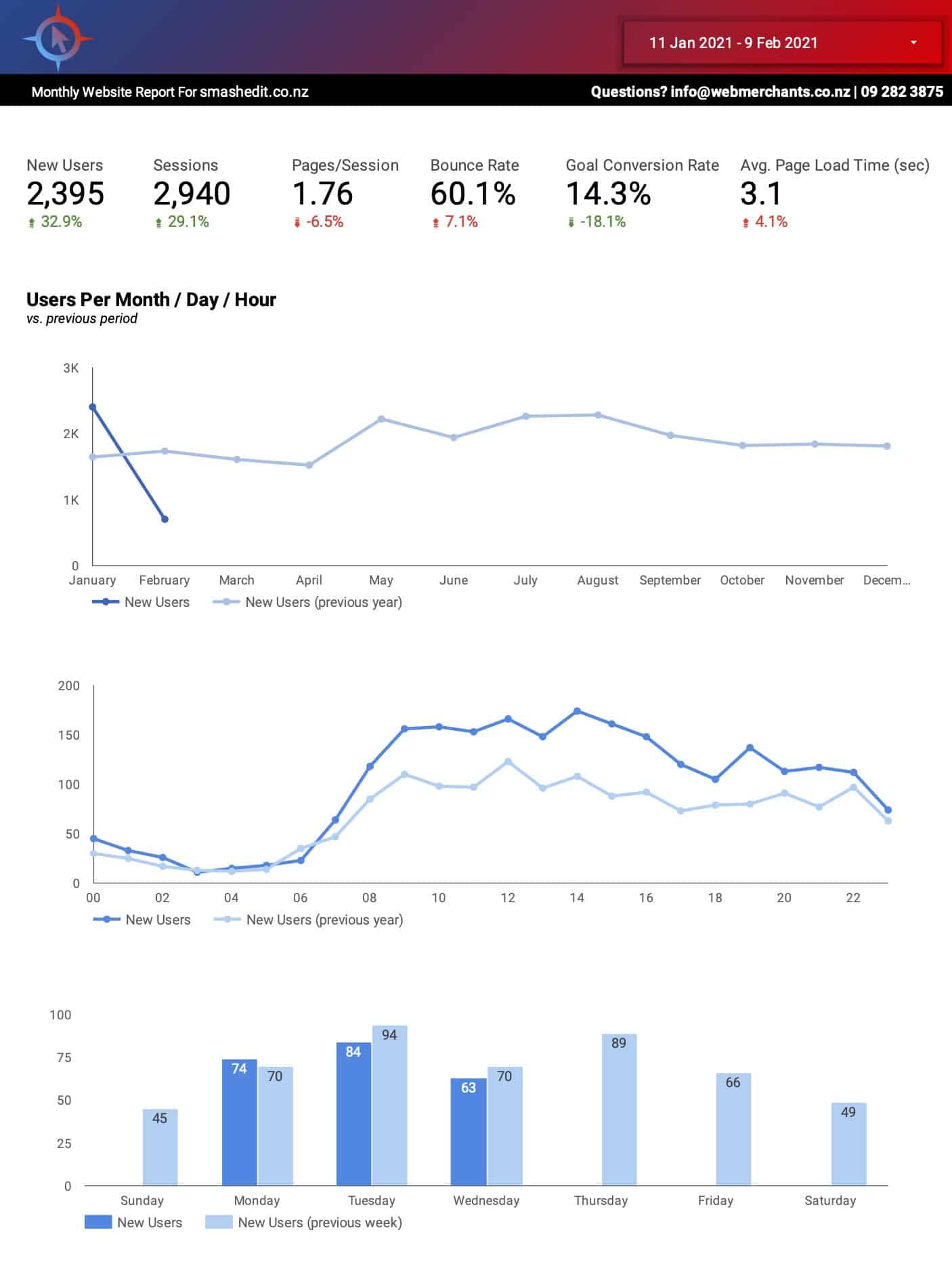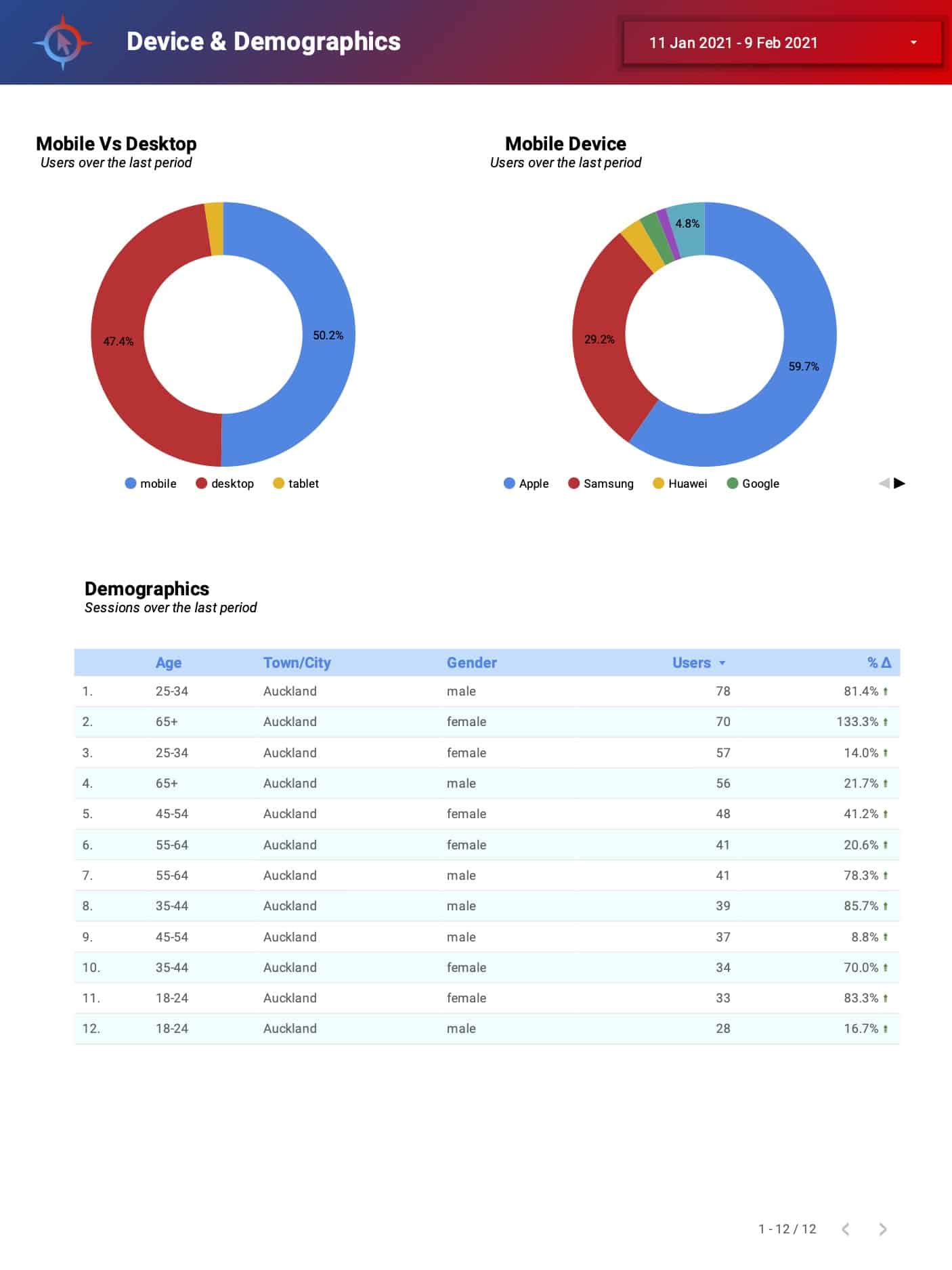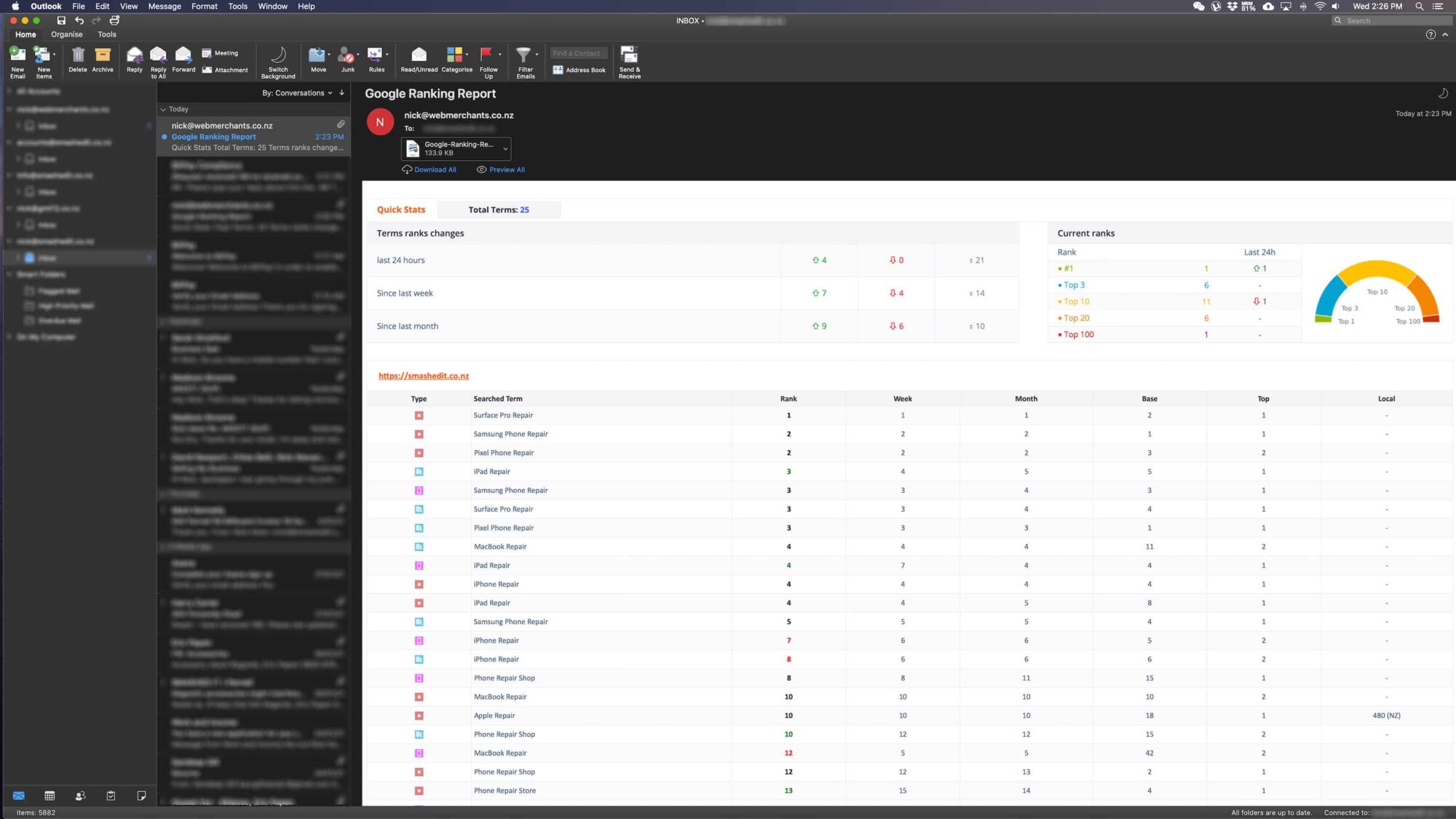Can Sending Email Newsletters Have a Negative SEO Effect on Rankings?

Heads Up: Negative SEO via Email is a Real Threat
Think Negative SEO is just a myth? Think again. It’s a real worry for businesses online here in NZ, and spammers have dodgy methods that can quietly sabotage your hard-earned rankings.
Have you ever thought that just sending out your regular customer emails or newsletters could actually hurt your Google rankings? It sounds weird, but yes—it can, and you might even be seeing a dip in your rankings right now because of it.
How is This Possible? Email Spam & Your Reputation
Loads of Kiwi businesses use email newsletters for repeat business, niche marketing (like SEO for tradies), and keeping clients in the loop. But spam is still a massive problem online. Antivirus companies, email hosts (like Microsoft 365, Google Workspace), and security engineers are constantly battling it.
But here’s the rub: every time the good guys create a new defence, spammers find sneaky ways around it.
Today, we’re looking at one specific trick spammers use that can be particularly damaging if you rely on online marketing. This guide will help you understand the risk and how to protect your NZ business.

Negative SEO Impact Diagram
The Dilemma: Success Attracts Unwanted Attention
One of the big problems for successful websites is that the better you rank, the more likely you are to attract spammers. They can easily perform backlink profiling, find contact details, web hosting info, domain details, and more. Sometimes, they might even work with cybercriminals to access private data – a serious risk covered by NZ’s data breach notification laws.
This isn’t ideal, obviously. You need to protect your online assets not just from server abuse, but also from theft of your customer data. Check resources from CERT NZ for common threats.
Are you 100% sure your website platform (CMS) and server are properly secured?
How Spammers Gain Access: Server Hacking Scenario
Let’s focus on one scenario: spammers hacking your mail server or website to send *their* spam using *your* credentials.
How do they do it? Here are a few common methods (you can research these further if needed):
- Direct Server SQL Injections: Exploiting database vulnerabilities to gain access and misuse resources. (Learn about common web vulnerabilities via OWASP Top 10).
- CMS Vulnerabilities: Finding weaknesses in your Content Management System (like WordPress, Joomla, or DNN). Searching for known vulnerabilities for your specific CMS version is wise.
- Compromised SMTP Passwords: Getting hold of email sending (SMTP) passwords stored insecurely on local computers or networks.
Knowing these risks helps you defend your systems.
If you want to chat more about server security or active protection, flick us a message on our Facebook page.
Why Hack *Your* Server & How it Affects Your SEO
You might wonder, “Why would anyone bother hacking my small business website or server?”
It comes down to reputation. Spammers used to host their own servers, but that quickly gets them blocked by major email providers (Gmail, Outlook etc.) and even law enforcement. Their server IP reputation gets trashed (you can check IP scores here), and their emails go straight to spam or bounce.
So, they target *other* servers – yours! – with decent reputations, often via CMS backdoors or compromised systems. They install scripts to blast out their spam, but it looks like it’s coming from *your* domain and *your* server IP.
If this goes undetected, your domain and IP reputation get damaged. Emails you send legitimately might start getting flagged as spam. Worse still for your online visibility, Google and other search engines might associate your domain with spamming activity. This negatively impacts your SEO rankings. Your site could slowly slide down the results, or suffer a rapid drop if the violation is severe or detected quickly.

Caption: Email Spam can negatively affect SEO
Prevention is Key: Protecting Your Online Assets
So, what can you do? Better to be prepared than sorry.
- Separate Your Servers (If Possible): Ideally, keep your website hosting separate from your primary email server. This could mean different domains or at least different IP addresses. One for the website, one purely for email. This minimises the risk of website issues impacting email reputation, and vice versa. Professional advice might be needed to set this up correctly.
- Set Up DKIM & SPF Correctly: These are crucial email authentication records stored in your DNS settings. They help prove that emails *claiming* to be from your domain actually *are* from authorised servers. Failing to set up DKIM and SPF records properly is a common mistake that leaves businesses vulnerable to spoofing and reputation damage. Get onto it!
- Consider Professional Email Marketing Services: Especially if you send lots of newsletters, using a dedicated service like Mailchimp (or its alternatives) is often safer. These services handle deliverability and authentication, reducing the risk to your core domain reputation.
Failing to address these areas can lead to serious issues like email spoofing, brand hijacking, and leaving your systems open to attack.
How RANK Can Help
At RANK, we understand these interconnected risks. We provide expert Google Ads management, can advise on email marketing best practices, and specialise in organic SEO services designed to build and protect your online reputation, ensuring increased clicks (CTR) and leads.
Get in touch with us for a free website audit to see how we can help secure and grow your NZ business online.
Clean Responsive Designs
Responsive websites designed in a clean easy to navigate layout, which are optimised for interactions & conversions.
The aim is to deliver the “What” & “How” within 4 seconds.

SEO As Standard
Websites are optimised to industry best practices and then audited monthly for keyword research, page speed, mobile responsiveness, meta tags; among others.
Fast Sites
Local high spec servers over a CDN offer the fastest page speed. This dramatically improves SEO vs shared hosting options.
The target is for a web page to load in under 3 seconds.
Managed hosting that is guaranteed to increase SEO, traffic & conversions on a monthly basis.
Analytics & AdWords Reporting
View website stats in realtime on any browser in a clean easy to read report. Know your customer by demographics, geographics, busiest time of day; among many others.
The 5 page report breaks down virtually every metric so business owners can easily track and identify key sales data.



